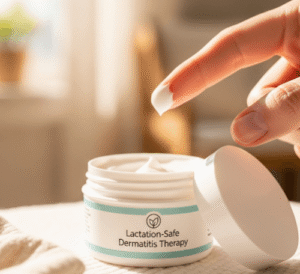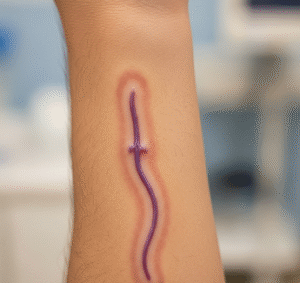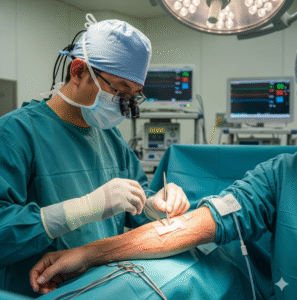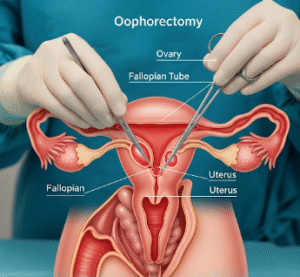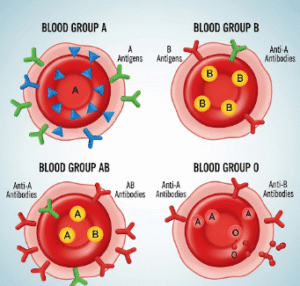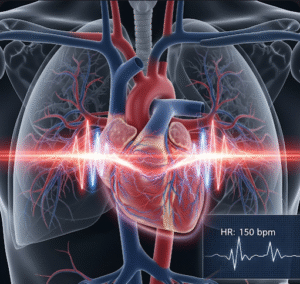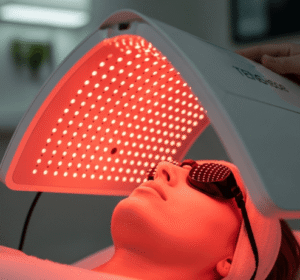Overview
An anal fissure is a small tear or cut in the thin tissue (mucosa) that lines the anus. It often causes pain and bleeding during or after bowel movements. Though not usually serious, anal fissures can be very uncomfortable and may become chronic if not properly treated.
What is Anal Fissure?
An anal fissure is a break in the skin around the anus, usually caused by trauma such as passing hard stools or frequent diarrhea. The tear exposes the underlying muscle, causing pain and sometimes spasms of the anal sphincter. Fissures can be classified as acute (lasting less than 6 weeks) or chronic (lasting more than 6 weeks with visible scar tissue).
Symptoms
- Sharp pain during or after bowel movements
- Bright red blood on toilet paper or stool
- A visible crack or tear near the anus
- A small lump or skin tag near the tear (in chronic cases)
- Itching or irritation in the anal area
Causes
- Constipation and passing hard or large stools
- Chronic diarrhea or frequent bowel movements
- Childbirth (especially vaginal delivery)
- Anal intercourse
- Straining during defecation
- Inflammatory bowel disease (IBD) or other anal trauma
Risk Factors
- Infancy (common in babies)
- Middle-aged adults
- Constipation or poor dietary fiber intake
- History of anal surgery or trauma
- Underlying conditions like Crohn’s disease or HIV
Complications
- Chronic anal fissure with persistent symptoms
- Spasm of the internal anal sphincter muscle
- Infection or development of an anal fistula
- Impact on quality of life due to fear of bowel movements
Prevention
- Maintain a high-fiber diet (fruits, vegetables, whole grains)
- Drink plenty of fluids
- Avoid straining during bowel movements
- Establish regular bowel habits
- Use stool softeners if necessary
- Clean the anal area gently with water instead of harsh wiping
Treatment Options in Korea
South Korea offers both conservative and surgical treatments for anal fissures through its network of proctology and gastrointestinal clinics.
Non-Surgical Treatment:
- Topical medications such as nitroglycerin, nifedipine, or diltiazem to relax the anal sphincter
- Sitz baths (warm water baths for the perianal area) several times daily
- Pain relievers and fiber supplements
- Botox injections to reduce muscle spasms and promote healing
Surgical Treatment (for chronic fissures):
- Lateral internal sphincterotomy – a minor surgery that cuts a small portion of the sphincter muscle to relieve spasm and improve healing
- Minimally invasive techniques available in specialized colorectal centers
Where to Get Treated in Korea:
- Severance Hospital (Yonsei University Health System)
- Samsung Medical Center
- Asan Medical Center
- Colorectal specialty clinics in Seoul, Busan, and Incheon
Follow-up Care:
- Monitoring for recurrence
- Continued dietary adjustments
- Regular hygiene and anal care guidance


